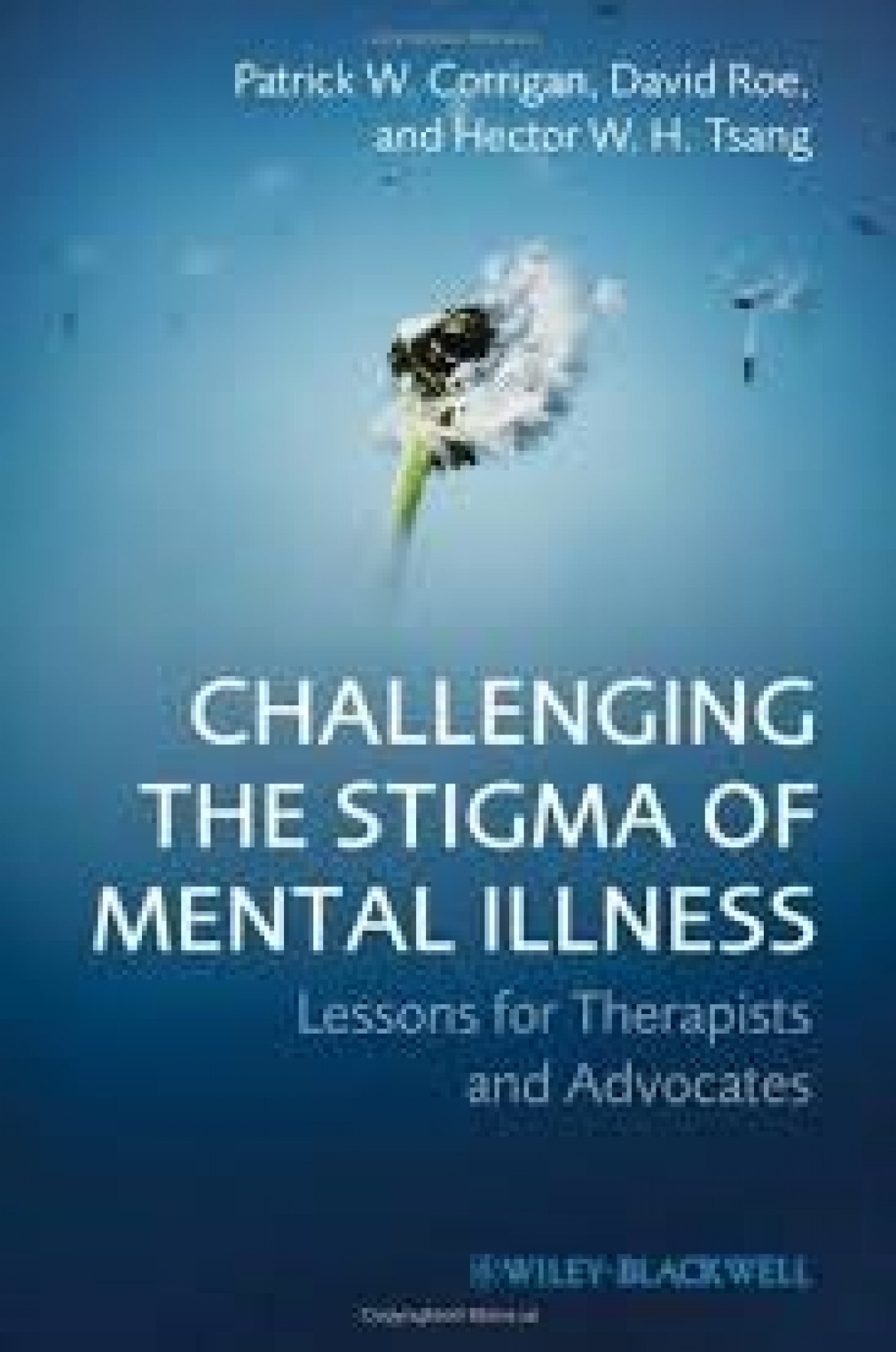Challenging the Stigma of Mental Illness is a call to action that arms you with the information and resources to address a wide range of situations, from stigmatising media reports to the self-stigma of people with lived experience.
It contains example worksheets and links you to resources for evaluation and planning of projects. This book won’t be the only resource you will need to create an anti-stigma project but I think offers a good grounding to decide what is an appropriate approach to make the best impact. The authors also provide lists of other resources, research and further readings.
Challenging the Stigma of Mental Illness is a comprehensive introduction of how to challenge stigma and discrimination associated with mental illness. From the beginning they remind the reader why stigma is an issue that must be addressed and are unapologetic in their language, describing stigma as "venomous, poisonous and criminal". This strong language, alongside real stories, and the findings of research into stigma ensures the reader is in no doubt there is an enemy to fight, and just like racism and sexism, it is all of our responsibility to challenge.
Sadly, the authors do get some facts wrong about New Zealand's own Like Minds, Like Mine campaign, not realising it has been going for 18 years now, and listing it in the resources section under Australia! But I will forgive them for these small slips as I got so much from this book.
Even for those of us currently working in anti-stigma work, I think the straight talking about the personal nature of stigma and the explicit description of stigma as a social injustice reinvigorates our work.
Simply having current approaches reaffirmed as effective is useful, but the book also provokes discussions on the complex nature of creating attitude and behaviour change and provides opportunity to think about alternative methods.
I had some ‘aha’ moments reflecting on what I was reading and some current issues I am working on. I will be holding on to the book to work through some of these ideas and want to discuss further with other anti-stigma workers. This is a good one to keep on your bookshelf – or at least borrow a copy take some good notes!
Reviewed by Lisa Ducat, mental health promoter with the Mental Health Foundation

